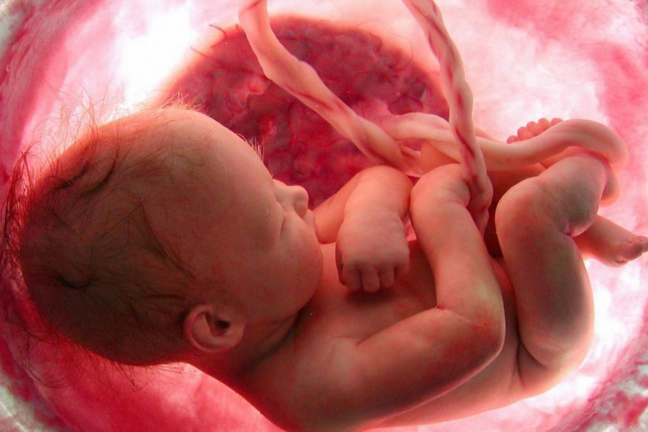The governor of Idaho has signed a bill to prohibit the killing of unborn babies in abortions as soon as the U.S. Supreme Court allows states to do so.
Sponsored by state Sen. Todd Lakey, R-Nampa, Senate Bill 1385 passed along party lines in a 27-5 vote and eventually passed in the House as well 49-18. The legislation would ban abortions once Roe v. Wade is overturned. Exceptions would be allowed for rape, incest and risks to the mother’s life. All other abortions would be considered a crime.
This week, Idaho Gov. Brad Little signed the legislation into law.
The U.S. Supreme Court took away the states’ ability to protect unborn babies from abortion, and instead allowed abortion on demand through all nine months of pregnancy. Roe v. Wade made the United States one of only seven countries in the world that allows elective abortions after 20 weeks.
Lakey said he would protect unborn babies from abortion now if he could, but the courts will not allow it, according to the report.
“Some of you may ask why now,” Lakey said. “We don’t know when the Supreme Court will change. But it may happen in the nine months when we’re not in session. The ability to take action is a question of time. If this bill can save the life of one unborn child, then it is worth it. It becomes effective without a need for future legislative action.”
Several Democrat lawmakers criticized the bill, claiming it would restrict women’s health care, the AP reports.
“To criminalize physicians for women’s healthcare is wrong,” said state Sen. Maryanne Jordan, D-Boise. “To provide an exemption for rape or incest does not solve the problem of a woman who is victimized by abuse.”
But state Sen. Lori Den Hartog, R-Meridian, responded, “I challenge the notion that the taking of a human life is health care.”
Click Like if you are pro-life to like the LifeNews Facebook page!
Abortions will not immediately become illegal when the U.S. Supreme Court overturns Roe v. Wade. Instead, the power to protect unborn babies or keep abortions legal will return to the states.
Some states already have legislation in place to ban abortions when that happens. Ohio and Utah are considering a similar bills this spring. In 2019, Tennessee, Arkansas, Kentucky and Missouri also passed laws to ban abortions once Roe v. Wade is overturned.
Some states have tried to ban abortions right away or heavily restrict them through heartbeat laws and personhood legislation, but these laws consistently get struck down in court. When states lose, their taxpayers often are forced to reimburse pro-abortion groups’ legal fees.
There is more hope that the new conservative-majority U.S. Supreme Court may consider overturning Roe, but it is difficult to say if it would for certain. Last week, the high court heard a Louisiana abortion case that will show where the justices stand on the matter. A ruling is expected in June.
ACTION: Thank Governor Little by going here.








